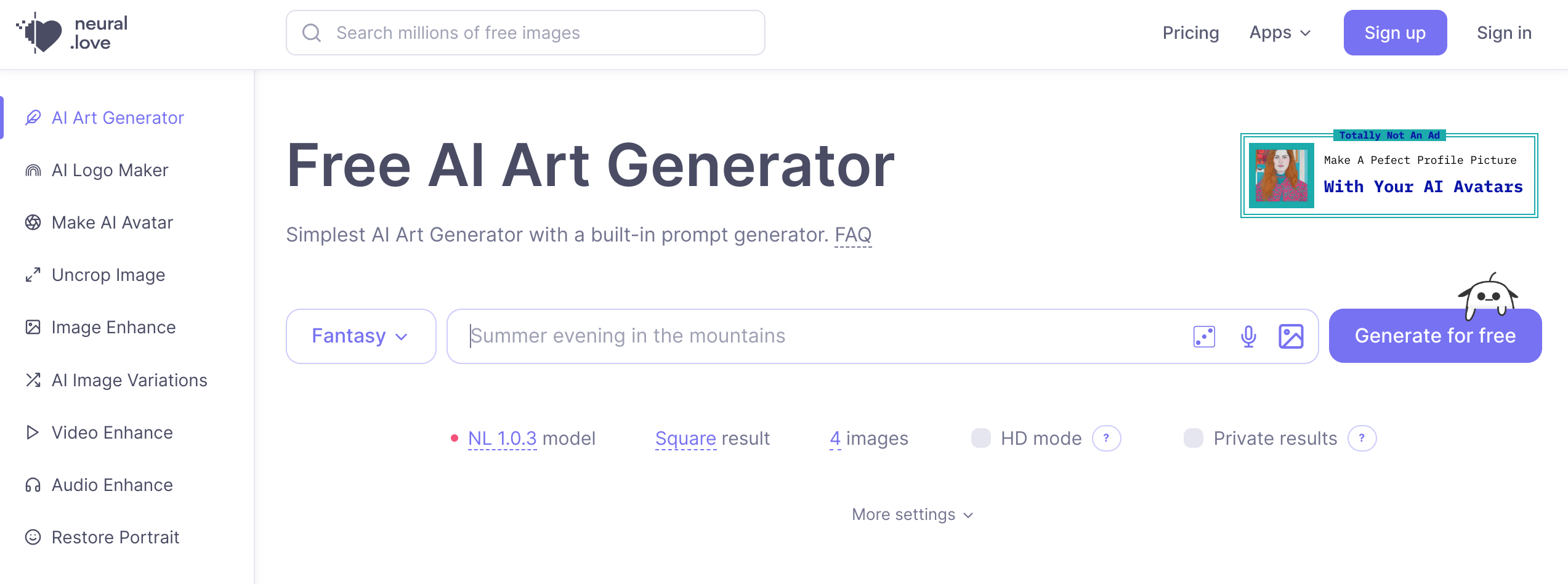Introduction
Non-fungible tokens (NFTs) have gained significant attention in recent years for their ability to provide a unique, verifiable way of tracking ownership and value of digital assets. One of the key technologies that underpins NFTs is blockchain technology. In this article, we will explore the role of blockchain technology in NFTs.
What is blockchain technology?
Blockchain technology is a decentralized, distributed ledger system that allows for the secure and transparent tracking of transactions. Each block in the blockchain contains a record of multiple transactions, which are verified by a network of computers, or nodes. Once a block is added to the blockchain, it cannot be altered, ensuring the security and immutability of the transactions recorded on the blockchain.
How does blockchain technology relate to NFTs?
Blockchain technology is the backbone of NFTs, providing a secure and transparent way to verify ownership and authenticity of digital assets. Each NFT is represented by a unique token on the blockchain, which contains information about the asset, its owner, and its value. This information is stored on the blockchain in a decentralized manner, ensuring that it cannot be tampered with or altered.
Benefits of using blockchain technology in NFTs
a. Security and transparency
One of the key benefits of using blockchain technology in NFTs is the security and transparency it provides. Because the blockchain is decentralized, there is no single point of failure, making it difficult for bad actors to manipulate the system. Additionally, because each transaction is recorded on the blockchain and cannot be altered, there is a high level of transparency and accountability in the system.
b. Ownership and control
Blockchain technology also provides a way for NFT owners to have full ownership and control over their digital assets. Because each NFT is represented by a unique token on the blockchain, the owner has full control over the asset and can transfer it to others as they see fit. This provides a level of ownership and control that was previously impossible with digital assets.
c. Accessibility
Another benefit of using blockchain technology in NFTs is the accessibility it provides. Because the blockchain is a decentralized system, anyone with an internet connection can participate in the NFT market. This means that artists and creators from around the world can easily sell their digital assets to a global audience, without the need for intermediaries.
Challenges of using blockchain technology in NFTs
a. Energy consumption
One of the main challenges of using blockchain technology in NFTs is the high energy consumption required to process transactions on the blockchain. The process of verifying transactions on the blockchain, known as mining, requires a significant amount of computational power, which in turn consumes a lot of energy. This has led to concerns about the environmental impact of NFTs and blockchain technology more generally.
b. Scalability
Another challenge of using blockchain technology in NFTs is scalability. As the number of transactions on the blockchain increases, the system can become congested, leading to slower transaction times and higher fees. This can make it difficult for NFT marketplaces to scale up and support large numbers of transactions.
Conclusion
Blockchain technology is a key component of NFTs, providing a secure and transparent way to verify ownership and authenticity of digital assets. While there are some challenges associated with using blockchain technology in NFTs, the benefits it provides in terms of security, ownership, and accessibility are significant. As the technology continues to evolve and new solutions to challenges like energy consumption and scalability emerge, we can expect to see even more innovation in the intersection of blockchain technology and NFTs. With the potential to transform the way we think about digital ownership and value, NFTs and blockchain technology are likely to play a significant role in the future of the digital economy.

















